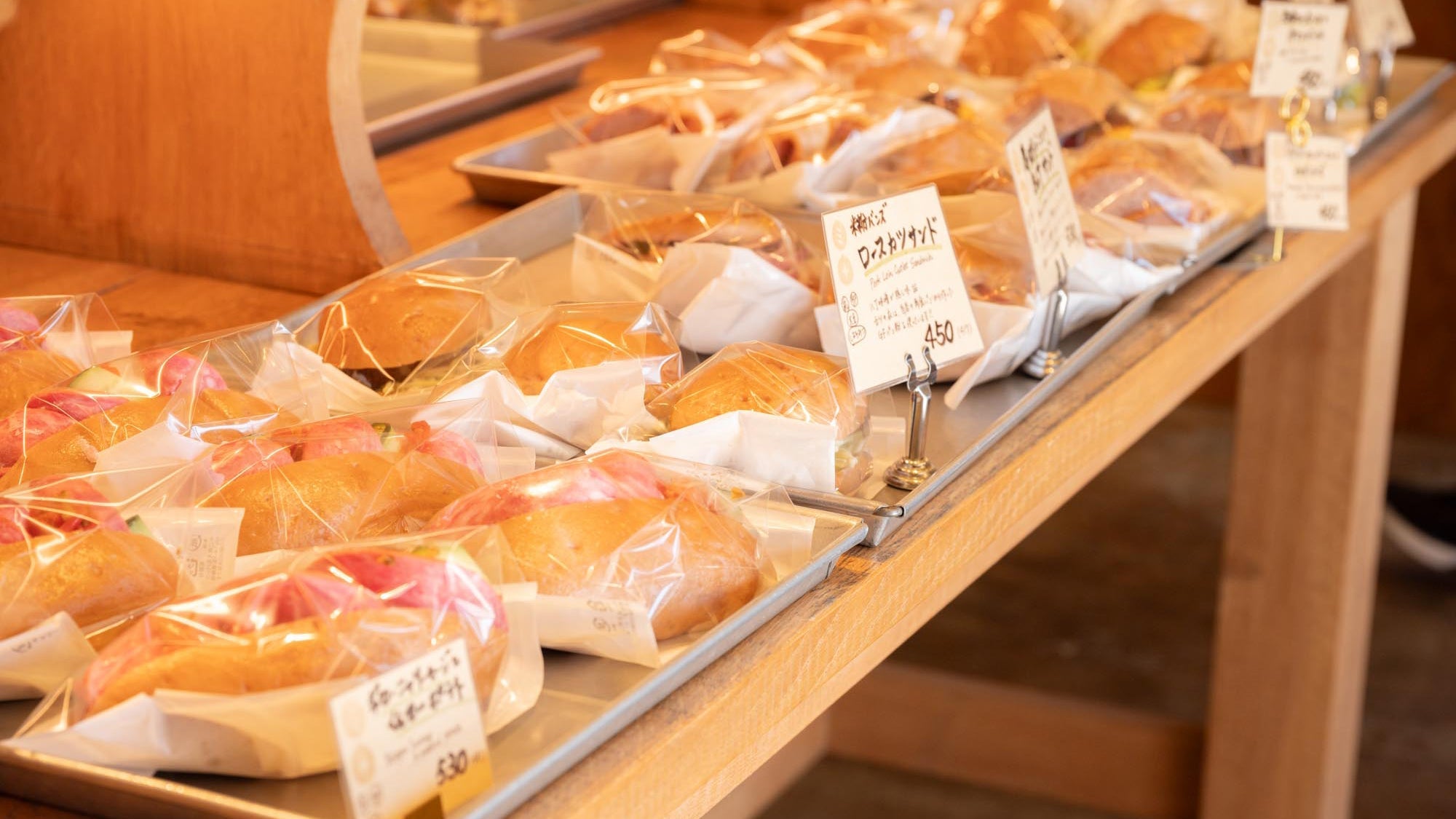
Unbelievably Gluten-Free: Jiyugaoka Bakery's Challenge
Written by Team MUSUBI
In recent years, interest in gluten-free foods has been growing in Japan, driven by health-conscious consumers and those with dietary restrictions. While many stores now offer gluten-free cookies and cakes made from rice flour, the market for rice flour bread remains limited. In particular, bakeries specializing in 100% rice flour bread are extremely rare. Moreover, since Japan has no official certification standard or official regulatory body for gluten-free products, consumers often struggle to find reliable options.
Amid this landscape, Jiyugaoka Bakery is making waves in Japan's gluten-free market. The bakery specializes in 100% rice flour bread and cakes, gaining a strong following among customers. Team Musubi had the opportunity to visit Jiyugaoka Bakery and explore its unique approach and products.

Table of contents
The History of Jiyugaoka Bakery

Jiyugaoka Bakery reopened in September 2022 after a renovation, but its origins go back further. The location was once home to a bakery that sold hybrid bread made by mixing wheat flour and rice flour. Later, it was acquired by FST JAPAN Co., Ltd., the company that owns and operates the KBS Golf Shafts, and has since evolved into what is now Jiyugaoka Bakery—a completely gluten-free bakery. Sharing the same space is Jiyugaoka PatissRiz, a fully gluten-free patisserie.

"Making gluten-free bread was no easy task," says Yumoto Atsuko, the bakery’s manager. "Initially, our knowledge of baking without wheat flour was quite limited. Our chef-boulanger, Hirayama Kosuke, and the rest of the staff were not originally bakers. However, leveraging Hirayama’s experience as a chef, he embraced new methods and successfully developed 100% rice flour bread. Even the fillings for our savory breads are handmade." Yumoto speaks with enthusiasm about their dedication to the craft.

The bakery's logo, displayed on the glass storefront, is designed to resemble baguettes and country bread, forming the kanji character for "jiyu" (freedom) from the address Jiyugaoka. Meanwhile, the patisserie’s name is written as "PatissRiz" rather than "Patisserie." The playful spelling incorporates the French word "riz" (meaning "rice"), emphasizing the bakery’s focus on rice-based products.
Commitment to Ingredients and Baking Techniques

Jiyugaoka Bakery’s bread-making process goes beyond just using rice flour. They incorporate rice oil and rice purée to enhance moisture and umami flavor. Psyllium husk, a fiber derived from plantain seeds, helps shape the dough, compensating for the lack of gluten. Additionally, instead of refined white sugar, the bakery uses mineral-rich raw sugar, demonstrating their commitment to quality ingredients.
At Jiyugaoka Bakery, three types of rice flour dough are used depending on the product. One is the dough for Japanese white bread, another is the “basic dough” used for simple round rolls, and the third is the “French dough” used for items like baguettes and other French-style breads. The French dough produces a crisp crust and chewy interior, creating a texture distinct from wheat-based French bread.


Jiyugaoka Bakery offers a wide variety of baguettes, from plain to flavored ones like "Olivia," infused with olives. One characteristic of rice flour bread is its density—when held, the bread feels noticeably substantial.

Beyond bread, the bakery carefully crafts fillings and sauces. Their handmade paté de campagne is designed to pair perfectly with their bread. Even the coating for their katsu sandwiches is made using their own gluten-free breadcrumbs, and the sauce is an original recipe using hatcho miso.

Chef-boulanger Hirayama originally trained as an Italian chef but became passionate about creating delicious rice flour bread. "I first joined as a staff member preparing the fillings for our savory breads. But I wanted to create bread that truly complemented those flavors, so I took on the challenge of bread-making. If I had been a traditional baker, I might have given up—working with rice flour is entirely different from wheat flour and requires much more effort."

"In a typical bakery, dough can be prepared the day before, shaped, and simply baked the next day. But with rice flour, once the dough is shaped, it can’t sit for too long, or it becomes unusable. Also, shaping the dough is tricky—it lacks gluten, so it collapses easily. The fermentation process must be precisely timed, and once shaped, the bread needs to be baked immediately. Otherwise, it won’t turn out right," Hirayama explains.
When asked about future plans, Hirayama revealed that the bakery is preparing to introduce focaccia. “After countless trials and errors, we have finally perfected the ideal recipe,” he shares with satisfaction.


Popular Breads

Jiyugaoka Bakery’s signature product, shokupan (Japanese white bread), is so popular that it sells out almost immediately after being freshly baked each morning. “The simpler something is, the harder it is to perfect. But that’s precisely why we put the utmost care into making it,” says Hirayama.

Another best-seller is the sandwich bread, which sells out quickly by noon. “Our savory breads, in particular, emphasize rich flavors that set them apart from typical gluten-free bread,” says Hirayama.
Jiyugaoka Bakery offers a wide selection of sandwich breads and savory breads, maintaining a strong commitment to making everything in-house—including the sauces and pâtés used as fillings. These are all prepared in the same kitchen after the day’s bread-making is completed.
One standout seasonal item is the Sakura Mochi Bread. This salt bread features sakura leaf and white bean paste flavored with cherry blossoms, capturing the essence of traditional sakura mochi. The combination of sweetness, saltiness, and fragrant sakura oil creates a delightful treat.

Other customer favorites include anpan (sweet bean paste bread), melon pan (a crispy cookie-covered bun), and custard-filled cream pan—all made with 100% rice flour. Due to the difficulty of shaping rice flour dough, the anpan is cube-shaped rather than round. The melon pan’s cookie topping is also entirely gluten-free, offering a satisfying crunch. The custard in the cream pan is made from rice flour, resulting in a gentle sweetness.

Yumoto offers tips for preserving rice flour bread: "Rice flour bread is like cooked rice—it hardens easily. That’s why we package each bread individually to prevent drying. If you don’t plan to eat it the same day, freezing is the best option, as refrigeration makes it too firm."
Popular Cakes and Techniques

The patisserie section of Jiyugaoka Bakery has also earned high praise. One of its standout offerings is the "Rice Roll Cake." The sponge is made with wasanbon, a premium Japanese sugar, providing a refined sweetness, while the cream filling contains no added sugar. Instead, a special rice purée made from cooked rice and fresh cream lends natural sweetness and a smooth texture.

Another popular seasonal treat is the "Strawberry Daifuku Roll." This unique dessert features fresh strawberries wrapped in gyuhi (a soft, chewy rice flour dough), delivering a delightful mochi-like texture. The patisserie also offers a variety of Japanese-inspired sweets, including matcha Mont Blanc.
According to head pastry chef Amemiya Satoru, "Customers naturally expect gluten-free cakes to have the same qualities as wheat-based cakes. Our goal is to meet those expectations while highlighting the unique charm of rice flour." He adds, "Many of my ideas for new cakes come from convenience store sweets. They reflect current trends and customer preferences. Jiyugaoka is also home to many excellent patisseries, so I find inspiration there as well."

We sampled three cakes from the patisserie. The "Strawberry Daifuku Roll" had a delicate sweetness from the rice flour cream, which paired beautifully with the fresh strawberries. According to Amemiya, the moist texture of the sponge comes from the baking method, which is similar to a soufflé—steamed while baking. The soft sponge and chewy gyuhi added an enjoyable textural contrast.
The Cream Puff featured a crisp choux pastry filled with rice flour custard, striking a perfect balance of sweetness—so delicious it was hard to stop at just one.
And the Japanese-style Shortcake, like the Strawberry Daifuku Roll, used strawberries sourced from a contracted farm. Its fluffy sponge, light cream, and sweet strawberries created a simple yet elegant treat that showcased the quality of the ingredients.


A Diverse Customer Base
Jiyugaoka Bakery attracts a diverse range of customers. Some visitors stop by without realizing it's a gluten-free bakery, while others specifically seek out gluten-free options due to allergies or dietary preferences. Health-conscious individuals and international tourists are also frequent customers. Among foreign visitors, the bakery is affectionately known as "J Bakery" and has a strong following within the gluten-free community, particularly in Europe and North America.

Yumoto notes the bakery’s growing international recognition: "Many overseas visitors find us through 'Find Me Gluten Free,' an app that lists and rates gluten-free establishments. People post reviews about their experiences, and some travelers even stock up before heading to rural areas where gluten-free options are scarce."
Future Prospects

Jiyugaoka Bakery and Jiyugaoka PatissRiz are more than just bakeries—they are pioneering new possibilities for gluten-free food in Japan. As they continue to develop new products, they aim to introduce more people to the appeal of rice flour bread and cakes.
"We want to prove that gluten-free bread can be just as delicious as traditional bread," says Hirayama. Yumoto adds, "The gluten-free market in Japan is still in its early stages, which is precisely why our work is meaningful."

Every morning, Jiyugaoka Bakery bakes between fifty and eighty different types of rice flour bread. Despite the challenges of working with rice flour, they continue their pursuit of innovation, crafting delicious and unique bread and cakes that can only be found here.
Whether you have a wheat allergy or simply want to explore new culinary experiences, Jiyugaoka Bakery is a must-visit destination.
Jiyugaoka Bakery
1F, 1−26−9, Jiyugaoka, Meguro-ku, Tokyo



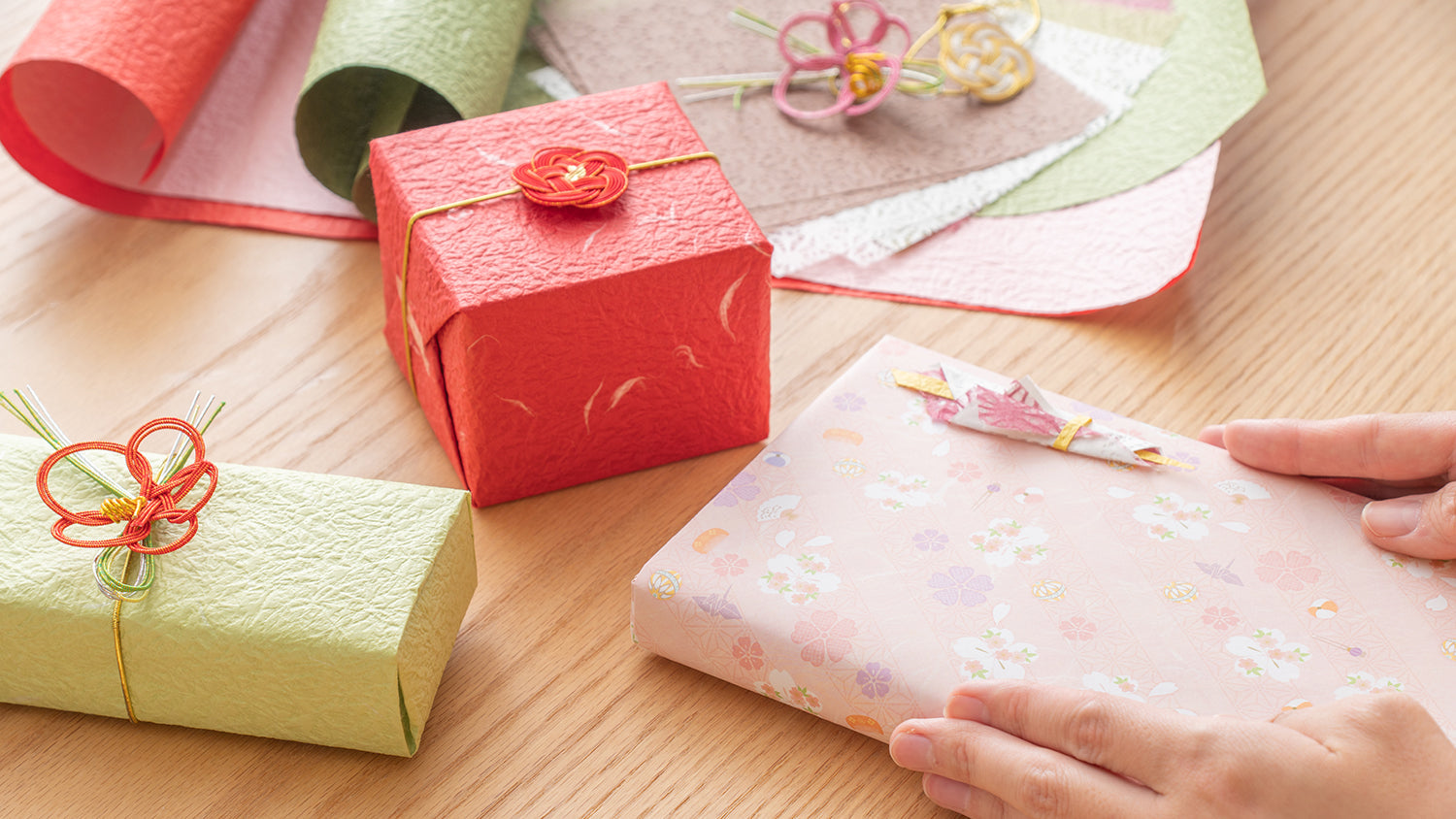
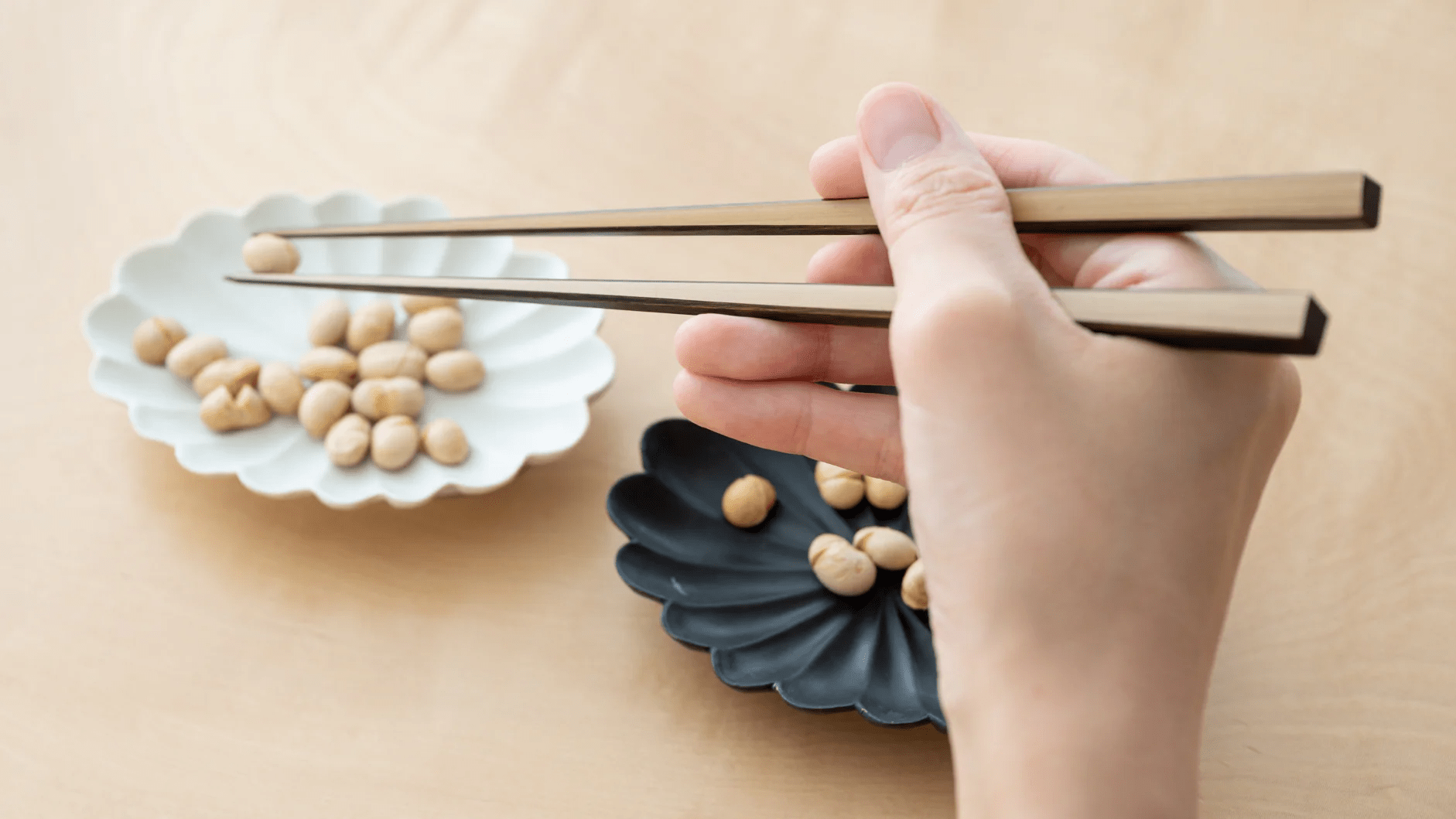
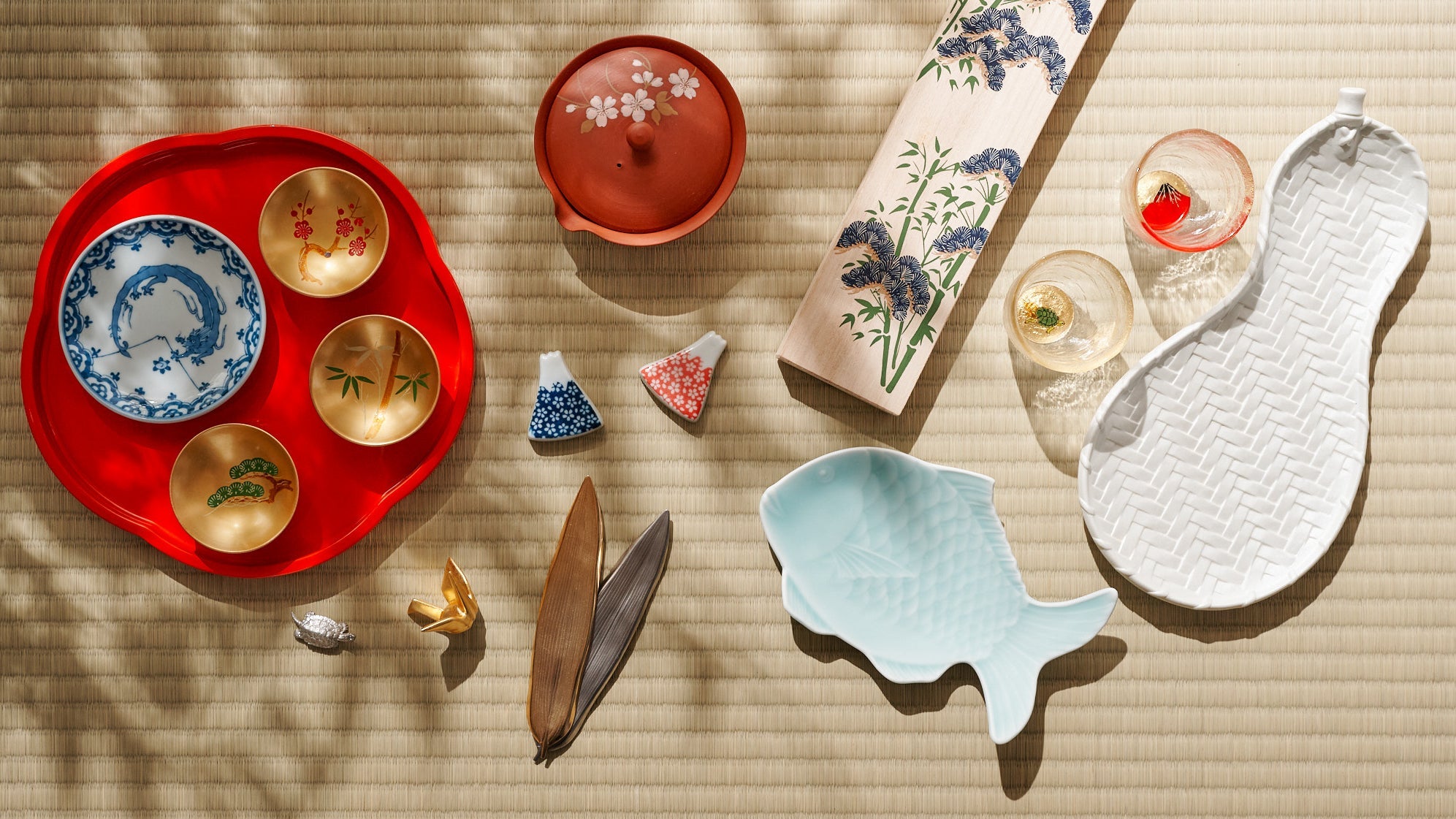

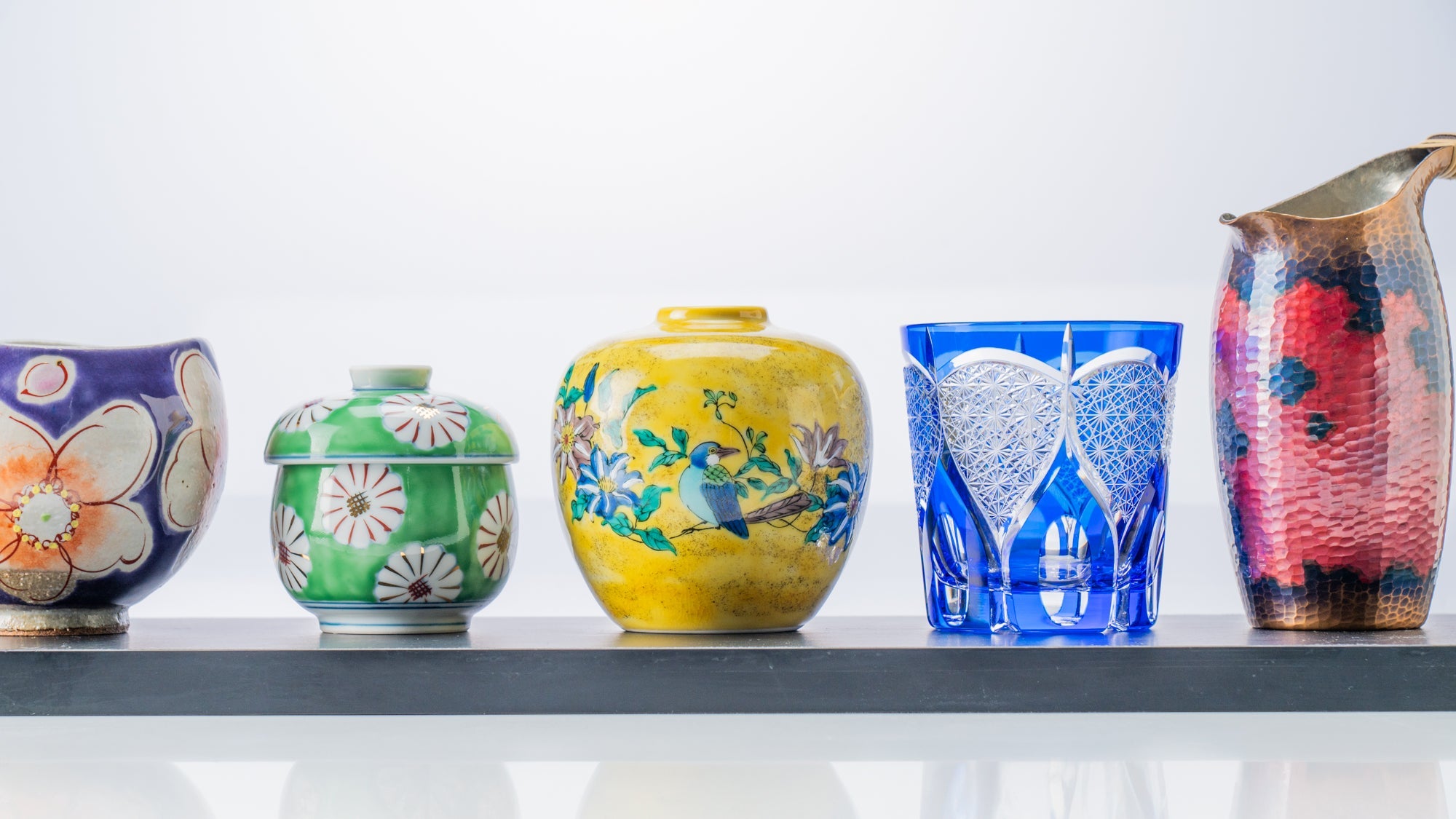
2 comments
@Janet Thank you for contacting us! We unfortunately do not provide any baked items. We provide kitchenware instead. We featured Jiyugaoka Bakery since we are neighbor and we respect their commitment and wanted to share their baked items. However, we know that they do have Instagram, so you could tell your dear son that if he tries to find the bakery by the name ( jiyugaokabakery ), he will be able to find more information and can get in touch with them. We hope it will help.
Team Musubi
My son lives in Tsukuba. He needs gluten free dough, bread, pizza crusts. Can shipments be made to Tsukuba if he orders from your bakery?
Janet Molnar
Leave a comment
This site is protected by hCaptcha and the hCaptcha Privacy Policy and Terms of Service apply.